The treatment of alkyl chlorides with aqueous KOH leads to the formation of alcohols but in the presence of alcoholic KOH, alkenes are major products. Explain.
If aqueous solution, KOH is almost completely ionized to give OH− ions which being a strong nucleophile brings about a substitution reaction on alkyl halides to form alcohols. Further in the aqueous solution, OH−ions are highly solvated (hydrated). This solvation reduces the basic character of OH− ions which, therefore, fails to abstract a hydrogen from the p-carbon of the alkyl chloride to form alkenes. ln contrast, an alcoholic solution of KOH contains alkoxide (RO−) ion which being a much stronger base than OH− ions perferentially eliminates of HCl from an alkyl chloride to form alkenes.
Similar Questions
The treatment of alkyl chloride with aqueous KOH leads to formation of alcohols but in the presence of alcoholic KOH, alkenes are major products. Explain.
View SolutionThe treatment of alkyl chlorides with aqueous KOH leads to the formation of alcohols but in the presence of alcoholic KOH, alkenes are major products. Explain.
View Solution
Knowledge Check
- Question 1 - Select One
Haloalkane in the presence of alcoholic KOH undergoes
AeliminationBpolymerizationCsubstitutionDdimerization - Question 2 - Select One
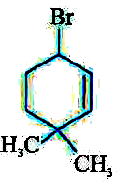 on treatment with aqueous KOHA
on treatment with aqueous KOHA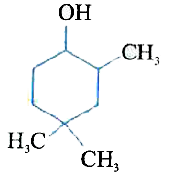 B
B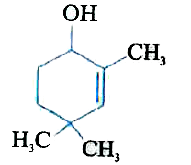 C
C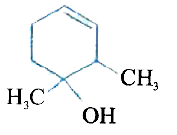 D
D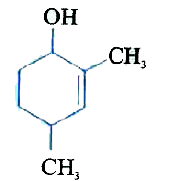
- Question 3 - Select One
2-Chlorobutane on treatment with alcoholic KOH/Δ gives major product :
A2-ButeneB1-ButeneC2-ButanolD1-Butyne
The treatment of alkyl chlorides with aqueous KOH leads to the formation of alcohols but in the presence of alcoholic KOH, alkenes are major products. Explain.
View Solutiona. The treatment of RX with aqueous KOH leads to the information of alcohols but in the presence of alcholic KOH or NaOH, alkenes are the major products. Expalin why.
b. CHF3 is less acidic than CHCl3. Explain.
c. Wurtz reaction in case of tert-alkyl halide fails. Explain.
d. Dipole moment of C6H5Cl is lower than that of C6H11Cl (cuclohexul choride). Expalin why.
e. Why should Grignard reagent be prepared under anthydrous conditions?
f. Why does p− dichlorobenzene have higher melting point and lower solubility than o− and m− isomers ?View SolutionThe reaction of chloroform with alcoholic KOH and p-toluidine form-
View SolutionThe reaction of chloroform with alcoholic KOH and p-toluidine forms:
View SolutionThe reaction of chloroform with alcoholic KOH and p- toluidine forms
View Solution
